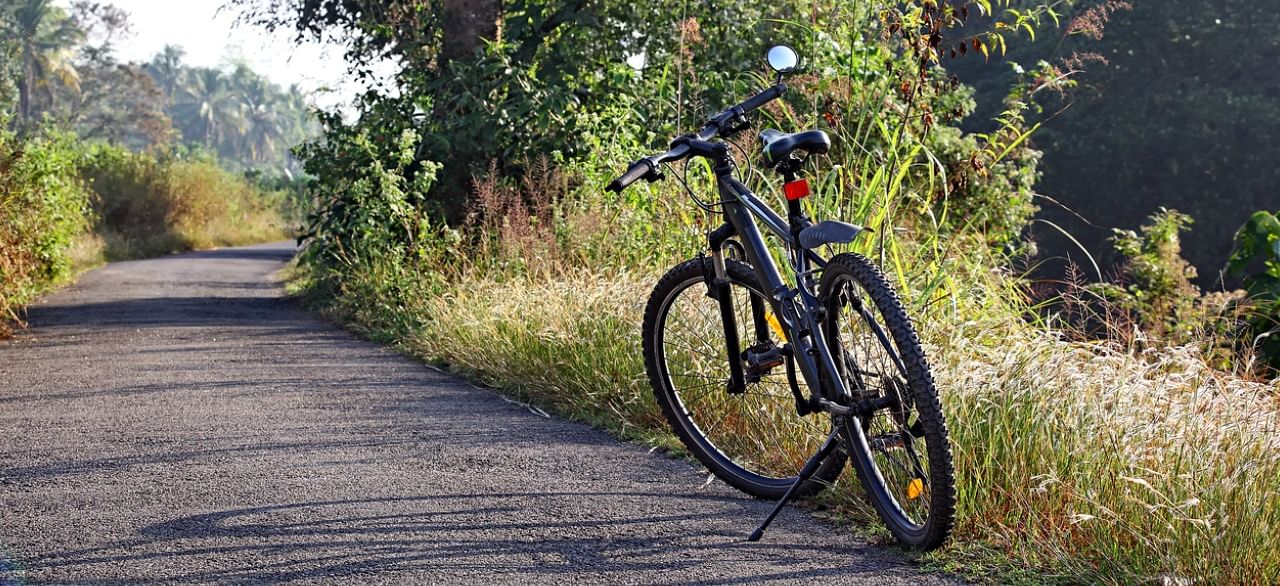
Can Public Bike Sharing (PBS) be a serious last-mile option to and from Metro Stations in the city? As a recent report by World Resources Institute (WRI) Ross Centre under its City Fix platform indicates, PBS has a huge potential for growth. The modal share of cycling in Bengaluru city stood at a lowly 5% and this can only go up.
Here’s how PBS Systems could make a change, as the report states: “About 35% of vehicular trips in India are short trips (less than 5 km) and form a huge potential market that can use bicycles to travel. PBS allows citizens the flexibility of renting and sharing bicycles for short trips at nominal rates, without the hassle of maintaining a personal bicycle.”
Read | No land, no Metro parking
Most PBS users travel shorter distances on bicycles (around 2 kms). “PBS schemes located at public transport hubs in areas with low connectivity can help expand the reach of these services by providing first- and last-mile connectivity,” notes the report authored by Prateek Diwan and Anya George.
Besides, through innovative pricing models such as long-term subscriptions, PBS systems provide affordable transit for a wide range of users.
PBS Systems have been placed at some Metro Stations. But to attract commuters on a large scale, the report suggests greater government investment. “In September 2020, WRI India and the Directorate of Urban Land Transport (DULT) conducted a focus group discussion with Indian bicycle operators who underscored the need for greater government intervention in creating infrastructure, setting policies and co-funding PBS schemes.”
More government investments in pilot projects, the report says, could help determine the best financial model for building and maintaining PBS systems in India.
Cycling mode share in Indian Cities
(Percentage of trips of cycles (%))
Ranchi 19%
Surat 16%
Bhopal 13%
Delhi 11%
Hyderabad 10%
Mysore 10%
Kolkata 10%
Bengaluru 5%
Mumbai 1%
Source : Census 2011